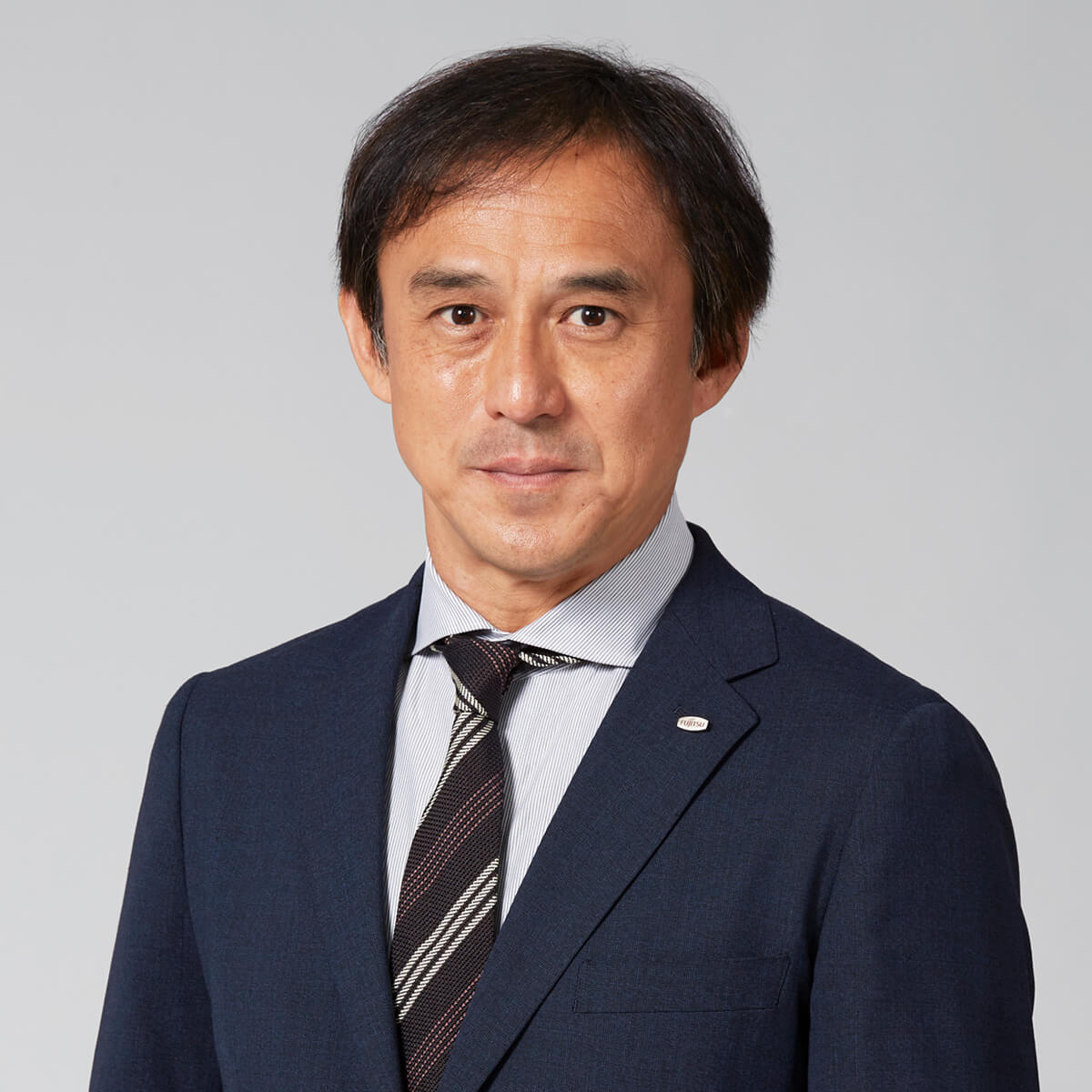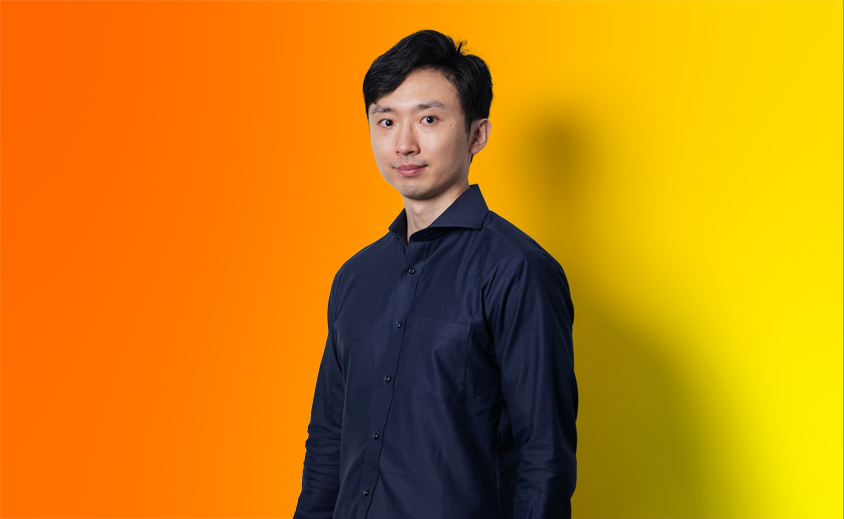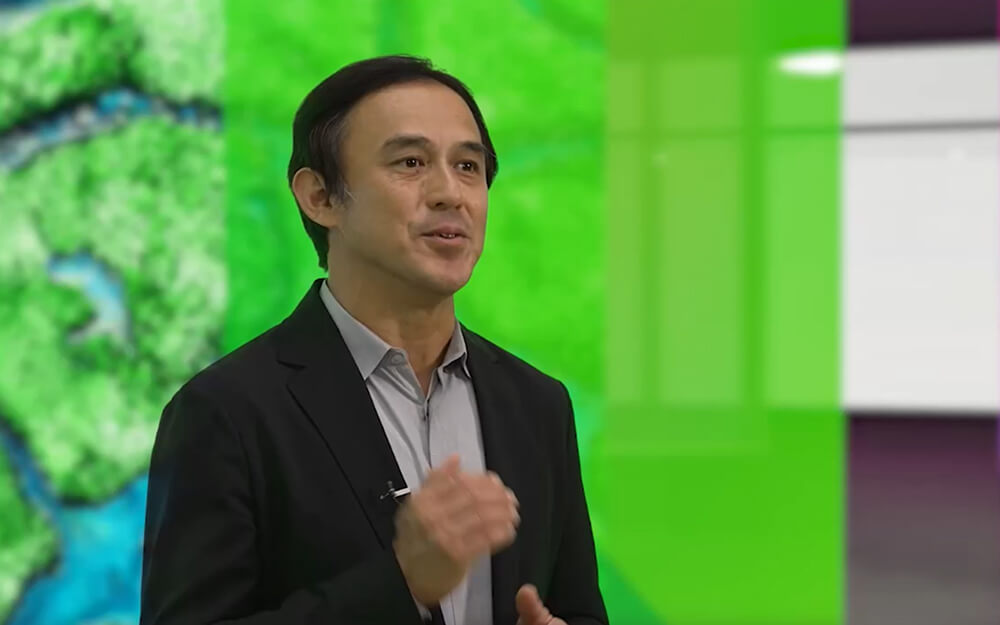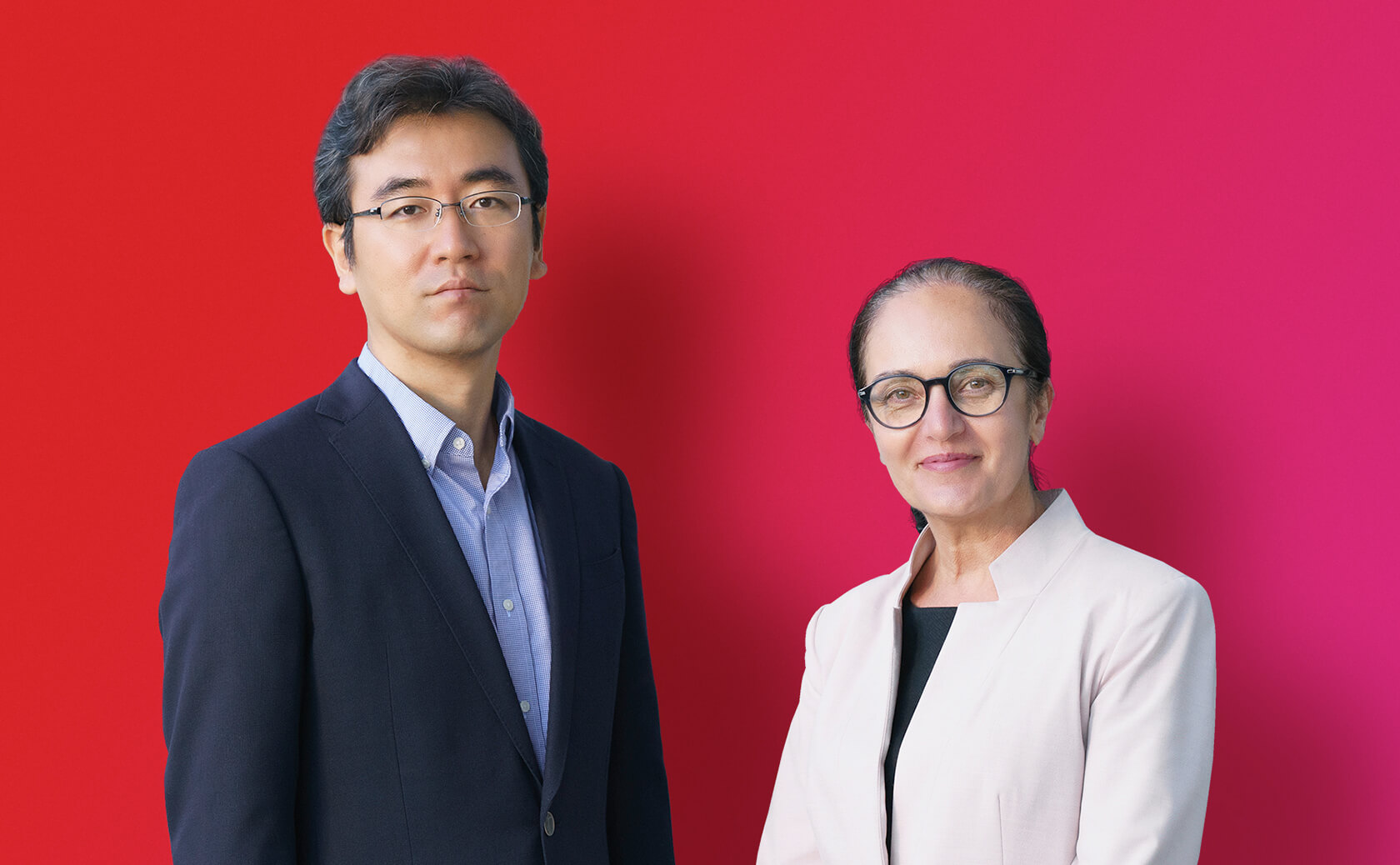The Future of Healthcare in 2030
Fujitsu / March 22, 2022
We took a deeper dive into the topic in a recent webinar where healthcare industry experts shared their views on the ‘Future of Healthcare in 2030’. As well as summarizing the key findings from a recent study by Forrester Research and sharing examples of co-creation in the healthcare industry, the webinar was an insight into Fujitsu’s Healthy Living initiative.
Why healthcare decisions made between now and 2030 will set the course for the next 50 years
The healthcare industry is at a critical point, with the decisions healthcare leaders make in the next ten years set to determine the next 50 years for the industry.
Today, patients are still cautious about the impact and benefit of new technologies in healthcare, especially when it comes to the use of Artificial Intelligence (AI) – as patients need to understand the benefits of the so-called “black box” in clinical decision-making.
Fujitsu turned the spotlight on these issues in a new webinar which featured the lead author of a new report published by Forrester Research: The Future of Healthcare: 10 Bold Calls for The Next Decade.
In the webinar, analyst expert Natalie Schibell outlined critical topics that the healthcare industry must address – starting with the erosion of consumer trust and encompassing massive challenges around incomplete and discriminatory care. She was joined by healthcare technology pioneer Dr. Joaquin Dopazo, who focuses on systems medicine, computational genomics, machine learning and translational bioinformatics.
Also, perspectives from the healthcare financing and technology side were provided by Dr. Minna Hendolin from the Finnish innovation fund SITRA – an equity fund focused on opening new opportunities and piloting new ideas to improve the healthcare system at the policy level. And Yoshinami Takahashi, Executive Vice-President and Head of the Digital Software and Solutions Business Group in the Global Solutions Business at Fujitsu, outlined the technology provider’s perspective.
The Forrester Research report is a dramatic wake-up call for the industry, highlighting how healthcare ecosystems worldwide are threatened by massive challenges around incomplete and discriminatory care, continued clinic closures, worsening provider shortages, and erosion of consumer trust.
The webinar – available for on-demand replay – opened with insights from Forrester analyst Natalie Schibell on how consumer trust needs a reboot as healthcare undergoes digital transformation. She warned that healthcare organizations face the prospect of failure without the trust of consumers.

Confidence is critical for patients to maintain trust in healthcare
For patients to maintain trust in healthcare, they must have confidence, the Forrester analyst explained. That requires healthcare organizations to deliver experiences that evoke confidence from consumers across every touchpoint – from choosing a health plan to deciding when and where to get care. For healthcare providers, the trick is to balance dependability, transparency, accountability, and empathy and be careful not to overwhelm consumers with information.
This approach aligns with Fujitsu’s Purpose, to make the world more sustainable by building trust in society through innovation. That was one of Yoshinami Takahashi’s opening comments in the webinar. He described how Fujitsu and Forrester believe that both technological and cultural changes are required to address the profound changes necessary in the healthcare system between now and 2030. Takahashi-san stressed that Fujitsu does not want to act alone but in concert with the rest of society and business, guided by the UN Sustainable Development Goals (SDGs). In healthcare, Fujitsu’s strategy is to make meaningful contributions to SDG 3 – Good Health and Wellbeing – by aligning all the talent, commitment and technical expertise in Fujitsu on helping remove limits on healthy living and wellbeing.
Healthcare financing expert Dr. Minna Hendolin picked up on this, highlighting how the Finnish healthcare system – which has undergone massive modernization in the last decade – was able to win back trust by focusing on the democratization of healthcare services to patients across the country.
To underline the reality of the situation, Dr. Joaquin Dopazo told how today, the odds on a patient surviving acute medical treatment are different depending on the Spanish hospital where they receive medical care. He outlined how the big city hospitals in Madrid and Barcelona were the first to undergo digital transformation. Still, the latecomers in more rural areas – the late adopters – have also benefited, as their digitalization has given doctors access to patient information across entire regions. And that’s somewhere the early adopters are now catching up.
Dr. Dopazo also warned that patients are still somewhat cautious about the medical system having too much insight from access to medical records. He explained that many patients are, therefore, wary of cutting-edge medical approaches such as genome sequencing – because the patient needs to see the value and trust their healthcare provider before they can get the full benefit.
And this means that patients must increasingly trust technology. Dr. Dopazo advised against the use of “black boxes” in clinical decision-making so that when artificial intelligence is part of a medical diagnosis process, it must be explainable. “There’s a need for transparency as a key enabler of trust,” he commented.

Technology is making an impact on healthcare today – and will be even more helpful in future
Data is key to many of the changes predicted in Forrester’s report, from the necessity for greater cyber security to the rise of consumer-led – as opposed to provider-driven – data sharing and the democratization of data. Managing all that data, making it accessible to the people who need access, and keeping it safe and confidential requires the support of a technology provider like Fujitsu.
Takahashi-san observed that Forrester highlights the need for “AI to be leveraged to optimize data flow with ease”. On the back of that, he believes there is a need for more integrated digital health ecosystems based on platforms that acquire, link and analyze health data.
Digital trust will be paramount to making this possible. In one example, Takahashi-san talked about how Fujitsu is working with the gynecology department at Helsinki University Hospital in Finland to help mothers self-diagnose blood glucose issues leading to gestational diabetes.
Technology also has a role to play in ensuring healthcare equality, with Takahashi-san outlining how the healthcare industry must make the best possible use of its assets. In one example, Fujitsu is working with health organization in Canada, which has introduced a solution powered by Fujitsu’s quantum-inspired Digital Annealer. This Surgery Capacity Optimization solution makes the best use of limited surgical assets by optimizing their utilization times.

Learn how maximizing life experiences unleashes everyone's potential
Healthy Living
Fujitsu introduced a key focus area called ‘Healthy Living’ as a part of its business brand, Fujitsu Uvance.
We will create a world that enriches the life experience of everyone and continues to expand their potential.




Editor's Picks







